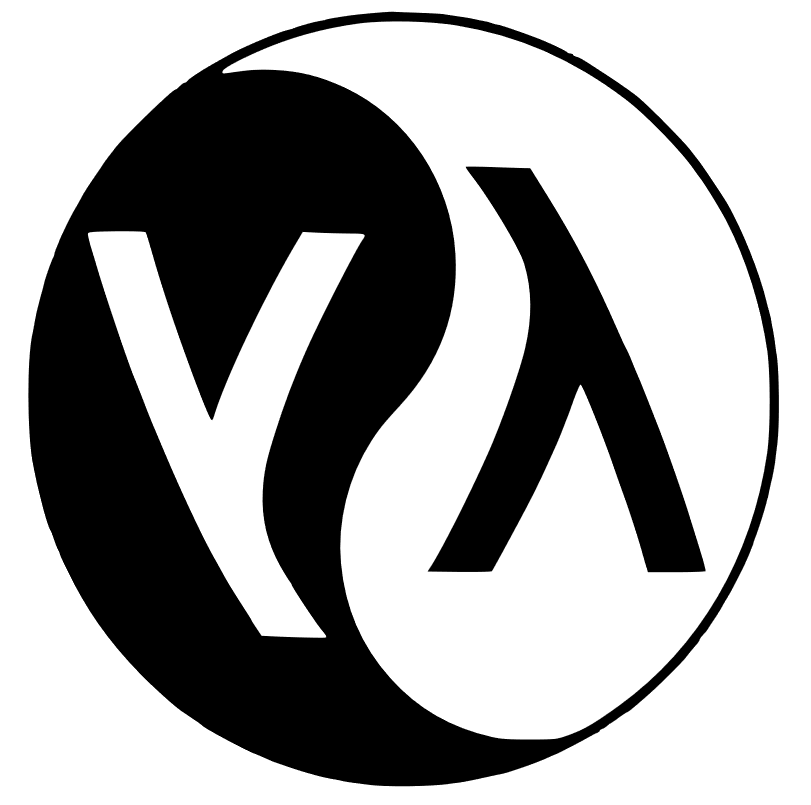I think everyone who used Python will agree that its syntax is
the best thing going for it. It is very readable and easy
for everyone to learn. But, Python does not a have very good
macro capabilities, unfortunately. I'd like to know if it may
be possible to add a powerful macro system to Python, while
keeping its amazing syntax, and if it could be possible to
add Pythonistic syntax to Lisp or Scheme, while keeping all
of the functionality and convenience. If the answer is yes,
would many Python programmers switch to Lisp or Scheme if
they were offered identation-based syntax?
the best thing going for it. It is very readable and easy
for everyone to learn. But, Python does not a have very good
macro capabilities, unfortunately. I'd like to know if it may
be possible to add a powerful macro system to Python, while
keeping its amazing syntax, and if it could be possible to
add Pythonistic syntax to Lisp or Scheme, while keeping all
of the functionality and convenience. If the answer is yes,
would many Python programmers switch to Lisp or Scheme if
they were offered identation-based syntax?



Comment